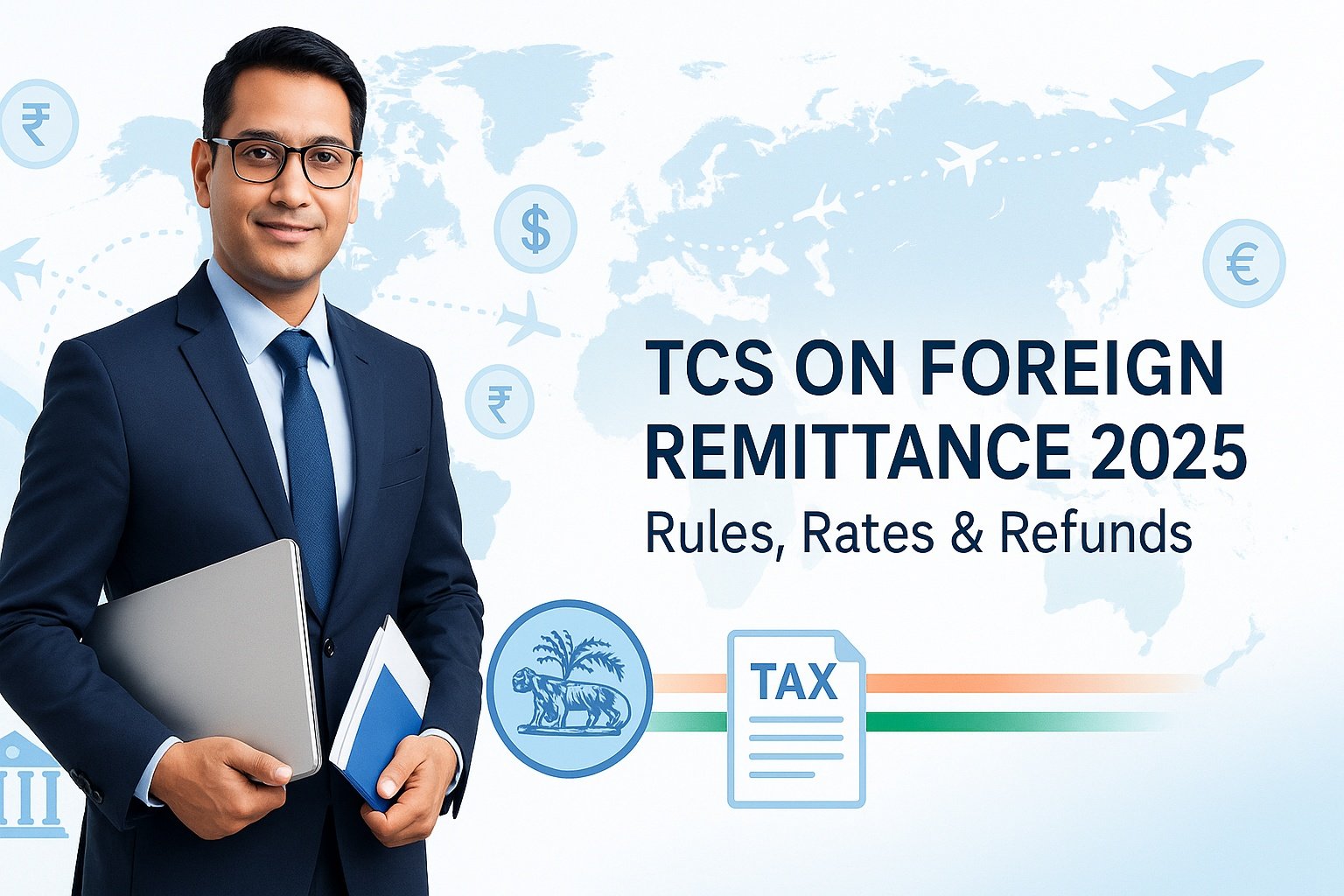Looking to start a business in India but don’t know where to begin?
India’s buzzing with energy these days—one of the fastest-growing economies out there and a hotspot for anyone dreaming of starting their own business. Whether you’re an Indian local with big ideas or a foreign investor eyeing opportunity, this country’s got a lot going for it: a young, eager population, a digital revolution in full swing, and a government that’s all about making life easier for startups. I’ve put together this guide to walk you through everything—types of businesses, how to get registered, what the law expects, and answers to those nagging questions—so you can hit the ground running and build something amazing in India.
What’s the Business Scene Like in India?
India’s market is a goldmine—huge potential everywhere you look, from tech and online shopping to farming, factories, and services. With over 1.4 billion people, there’s no shortage of customers or possibilities. The government’s been pushing hard to roll out the red carpet for entrepreneurs with stuff like Startup India, Digital India, and Make in India. It’s all about cutting the red tape and opening doors.
If you’re an Indian resident, setting up shop is pretty straightforward these days—everything’s online, and the tax system’s simpler than it used to be. Foreigners? You’re in luck too—India’s cool with 100% foreign investment in tons of industries, no permission slips needed. Whether you’re starting small, going digital, or bringing an international brand here, the rules are set up to help you grow.
Types of Business in India You Should Start in 2025
Before you dive in, you’ve got to pick the right setup for your business. Here’s the lowdown on your options:
For Solo Players or Small Teams:
- Sole Proprietorship: You’re the boss, it’s just you, and there’s barely any paperwork—great for a little shop or freelancing gig.
- Partnership Firm: Team up with a few folks, split the work and profits, and write it all down in a partnership agreement.
- Limited Liability Partnership (LLP): A mix of partnership vibes with some legal protection—perfect for pros like accountants or designers.
- Private Limited Company: The go-to for startups wanting to raise money and get big, with your personal stuff safe if things go south.
For Bigger Plans (Local or Foreign):
- Private Limited Company (Pvt Ltd): Caps out at 200 shareholders—solid for growing businesses.
- Public Limited Company: Ready to sell shares to the public? This one’s for the big leagues.
- One Person Company (OPC): Just you, but with the perks of a company—newer option from 2013.
- Section 8 Company: Want to do good? This is for nonprofits and charities.
- Wholly-Owned Subsidiary: Foreign companies setting up their own Indian outfit.
- Liaison, Branch, or Project Office: Foreign firms testing the waters without going all-in.
Step By Step Guide on Start a Business in India
The steps depend a bit on whether you’re local or coming from abroad, but here’s the basic playbook:
- Pick Your Setup: Figure out what fits—how big you want to go, who’s involved, and how you’ll fund it.
- Grab a Digital Signature Certificate (DSC): You’ll need this to sign stuff online—get it from a certified provider.
- Get a Director Identification Number (DIN): Anyone running a company needs one; apply through the government’s site.
- Hit Up the MCA Portal: The Ministry of Corporate Affairs has this handy SPICe+ form—covers your company name, registration, tax IDs (PAN/TAN), and even GST, all in one shot.
- Sort Out PAN & TAN: These come with SPICe+—must-haves for taxes.
- Open a Bank Account: Take your company papers, PAN, and some ID to the bank, and you’re set.
- Register for GST: If you’re making over ₹40 lakhs a year (₹20 lakhs for services) or selling across state lines, this is non-negotiable.
- Local Licenses: Depending on what you’re doing—think FSSAI for food, IEC for import/export, or a Shops & Establishment License for a physical spot.
How Foreigners Can Start a Business in India?
If you’re coming from outside India, you’ve got options:
- Wholly Owned Subsidiary: You call all the shots under FDI rules.
- Joint Venture: Partner up with an Indian company or person.
- Liaison/Branch/Project Office: Dip your toes in without full commitment.
- LLP: Team up with an Indian resident.
What You’ll Need:
- A valid passport and a business or work visa.
- Proof of where you live back home (sometimes needs a notary stamp).
- Someone in India to handle the legal stuff for you.
- Compliance with FEMA and RBI regulations.
Good news: as of now, you can pour 100% of your money into sectors like tech or manufacturing without begging for approval. Some areas, like retail or defense, still need a government nod, though.
Documents Required For Setup Business in India:
For Indians:
- Aadhaar Card
- PAN Card
- A couple of passport photos
- Address proof (e.g., utility bill or rent agreement)
- Bank details
For Foreigners:
- Passport (notarized, maybe apostilled)
- Business visa
- Proof of your address abroad
- A company board resolution (if it’s a corporate thing)
- Landlord’s okay (if you’re renting here)
For Companies or LLPs:
- Your top two name ideas
- Memorandum and Articles of Association (MOA/AOA)
- IDs and address proofs for directors or partners
- A utility bill for your office space
Top 7 Reasons to Start a Business in India in 2025
- Huge Crowd: Over 1.4 billion people—and they’re spending more every year.
- Startup Love: The government’s cutting costs and handing out perks like the Startup India Seed Fund.
- Tax Breaks: New factories get a sweet 15% rate, and startups can skip taxes for three years.
- Smart Workers: Tons of skilled, techy folks who don’t break the bank.
- Foreign Cash Welcome: India’s a top pick for global investors.
- Digital Edge: UPI, GST online, and MCA portals make life easy.
- Cheap to Run: Way more affordable than places like the US or Europe.
Tax Rates: Locals vs. Foreigners
| Who | Tax Rate | What’s the Deal? |
| Indian Company | 22% (plus extras) | Drops to 15% for new manufacturing setups |
| Foreign Company | 40% (plus extras) | Straight from the tax rulebook |
| LLP | 30% | Less hassle than a full company |
| Indian Resident | 0%–30% (slab system) | You can knock off some with deductions |
| Non-Resident | Slabs or treaty perks | Tax gets taken out on money sent home; treaties avoid double hits |
Foreigners can use tax deals with over 90 countries—like the US or Singapore—to dodge paying twice. Plus, as of 2025, the government’s gone easier on late tax payments, which is a relief.







